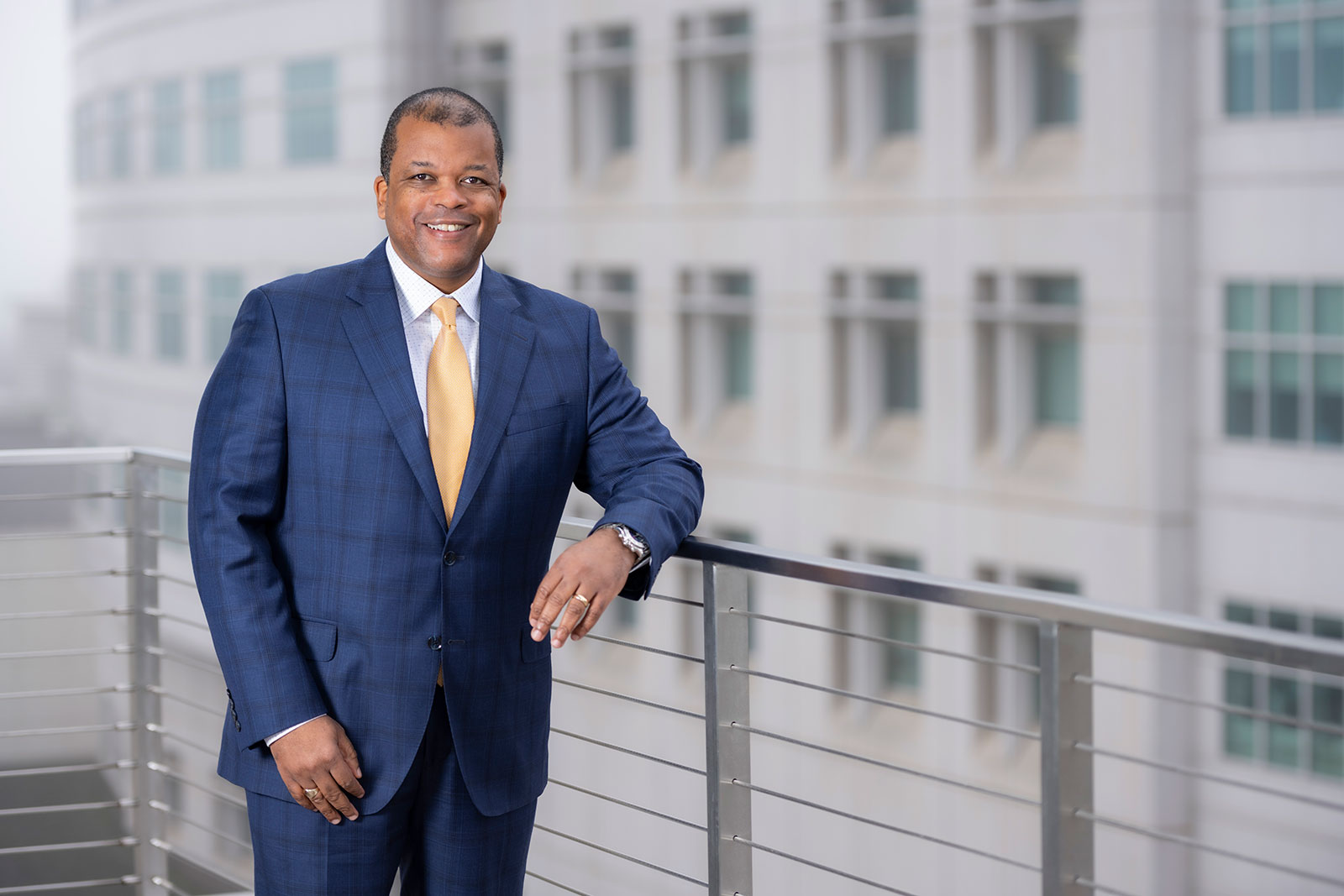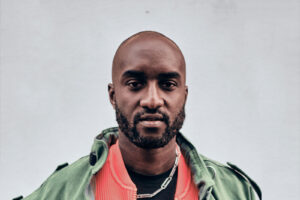How has the lung cancer space evolved since you entered the field?
The field has evolved greatly. When I was a medical student at Harvard Medical School, much of thoracic surgery was performed with large incisions. We had very little resources to improve patient outcomes. Now, 80 percent of my surgeries for early-stage lung cancer are performed minimally invasively with small incisions and a robot. We have personalized medicine where we study patients’ tumors, identify unique signatures (mutations) and treat them either before surgery or after surgery with targeted therapy. In addition, we have immunotherapy to increase the chance for cure. These are all amazing innovations that have occurred within the last decade.
What are the benefits of robotic surgery compared to other forms of tumor removal surgery?
Robotic lung surgery has led to less blood loss during surgery, improved pain after surgery, shorter hospital stays and return to work and activities of daily living faster for our [lung] patients. In addition, minimally invasive surgery leads to a better chance of survival after surgery compared to traditional open surgery with a large incision. Almost anyone who’s a candidate for lung cancer surgery is a candidate for robotic surgery.
What does your patient-centric care look like in daily interactions with patients?
I believe in patient-centered and human-centered care. This means understanding a patient’s lung cancer journey from their perspective. That includes acknowledging the anxiety a patient may feel when they are diagnosed, their concerns about being treated and the outcomes that are most important to them, other than surviving lung cancer, after treatment. This includes looking at their whole needs. It starts with proper informed consent about surgery, including their risk for chronic pain after surgery. It includes having them evaluated by our social workers to help them manage diagnosis-related anxiety and stress.
What are some of your findings within the lung cancer space regarding racial differences?
Lung cancer is the number one cancer killer for Black/African Americans. Black/African American males are more likely to die from lung cancer than their white counterparts. In addition, Black/African Americans are less likely to undergo surgery for early stage lung cancer. It is imperative that we eliminate these disparities, and this includes offering curative potential surgical resection for our underserved communities when diagnosed. That also means offering innovative, next-level care including robotic lung cancer surgery. It is critical that underserved communities get access to these lifesaving innovations.
If a surgeon doesn’t consider health care disparities in their assessments and is not skilled in culturally competent communication with the communities they serve, then they are not doing their job.
How did #LCSM form and why did you feel it was a necessary network?
The #LCSM movement is a patient-focused collaborative based in social media started by me and a medical oncologist, a lung cancer survivor and two advocates whose mothers had passed away from lung cancer. We came together because we found there was a lack of community online within the lung cancer space. Through this, #LCSM Chat was born. Primarily Twitter-based, this movement has had over a billion impressions, has been adopted by multiple different stakeholders including the National Cancer Institute and has been featured in the New York Times. The creation of this supportive community, grounded in evidence-based medicine, is one of my greatest achievements.
How important is surgery in lung cancer cases?
It is important to understand that surgery is the standard of care treatment and best chance for cure for patients with early stage lung cancer. Modern surgeons have adopted minimally invasive techniques, including robotics, to maximize the positive outcomes for our patients. Despite this, surgery is underutilized in some patient populations and underserved communities. Patients should be empowered to seek out expert opinions on their cancer care.







